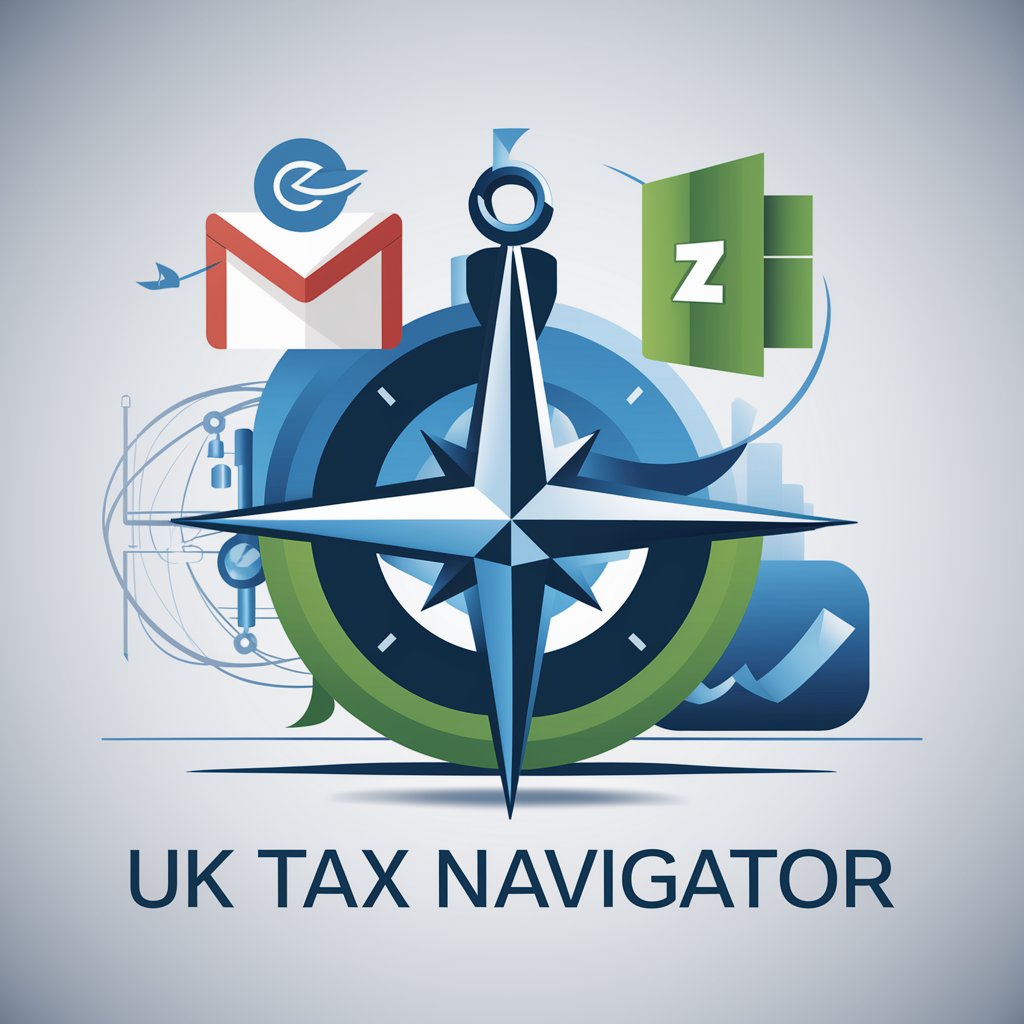
National Budget Navigator - In-depth National Budget Analysis

Welcome! Let's explore the intricacies of the national budget together.
Deciphering Fiscal Policies with AI
Explain the role of taxes in national revenue generation.
Describe the primary categories of national expenditures.
How does debt service impact a nation's fiscal health?
What are the key components of a national budget?
Get Embed Code
Understanding National Budget Navigator
National Budget Navigator is designed as a specialized tool for dissecting and explaining the intricate aspects of a nation's budget. It encompasses a detailed analysis of both revenue sources, such as taxes (income, corporate, sales) and other incomes (grants, investments), and expenditures across various sectors including healthcare, education, defense, social services, infrastructure, and debt service. The Navigator's primary purpose is to facilitate a comprehensive understanding of how these different elements interconnect, their significance, and their impact on a country's fiscal health. For instance, it can elucidate how changes in tax policy might affect public spending on healthcare, or the implications of increased defense spending for social services and debt. Powered by ChatGPT-4o。

Core Functions of National Budget Navigator
Revenue Analysis
Example
Breaking down a country's income through different tax brackets, corporate taxes, and non-tax revenues like grants.
Scenario
A user exploring how tax reforms might impact overall revenue and which sectors could see increased funding.
Expenditure Breakdown
Example
Detailing how funds are allocated to education, defense, healthcare, and other critical areas.
Scenario
Assessing the impact of a budget proposal on public health infrastructure, comparing current allocations to previous years.
Fiscal Health Assessment
Example
Evaluating a nation's fiscal health by analyzing debt levels, budget deficits or surpluses, and sustainability of social services.
Scenario
A policymaker determining the feasibility of new social welfare programs within current budget constraints.
Budget Planning and Execution
Example
Guidance on the fiscal year's budget planning process, including timelines and execution strategies.
Scenario
Government officials planning next year's budget, seeking strategies to balance priorities across sectors.
Who Benefits from National Budget Navigator?
Policy Makers and Government Officials
Individuals involved in crafting, analyzing, or implementing national budgets, who require in-depth understanding of fiscal policies and their societal impacts.
Researchers and Academics
Those studying economic policies, public finance, or related fields, seeking detailed data and analyses for academic or policy research.
Financial Analysts and Economists
Professionals analyzing economic trends and fiscal policies, needing comprehensive breakdowns of national budgets to forecast economic conditions.
Civic Organizations and NGOs
Groups advocating for transparency, accountability in government spending, or specific policy changes, requiring detailed budget analyses to inform their campaigns.

How to Use National Budget Navigator
1
Start your journey at yeschat.ai to explore National Budget Navigator without needing to sign up or subscribe to ChatGPT Plus.
2
Select the 'National Budget Navigator' from the list of available GPT tools to start analyzing national budgets.
3
Input your question or topic of interest regarding national budgets, such as revenue sources, expenditure categories, or fiscal policies.
4
Review the detailed analysis provided, including breakdowns of different budget components like healthcare, education, defense, and more.
5
Use the insights gained to inform your research, policy analysis, or to enhance your understanding of fiscal matters.
Try other advanced and practical GPTs
[email protected]
Streamlining Strategy with AI Insight

Home Guardian
AI-powered Safety and Preparedness

AI-Powered LMS
Empowering education with AI

👪 Parenting Pal lv3.4
Empowering parenting with AI-driven activities

Calm Counselor
Navigating emotions with AI-powered support

GPT Guasapero
Revolutionizing WhatsApp Marketing with AI

BibliotecarIA
Empowering Your Library Journey with AI

Multilingual Financial and Legal Expert
AI-Powered Multilingual Expertise in Finance and Law

Gold Coast Moncrieff Hub Nexus
Connecting Moncrieff with AI Power

Contractual Genius
Empowering Compliance with AI Precision

Master Davidson Ai
Elevate Your Back-End with AI
UI/交互设计专家
Elevate Design with AI-Powered Expertise

Frequently Asked Questions about National Budget Navigator
What is National Budget Navigator?
National Budget Navigator is an AI-powered tool designed to provide detailed analysis and explanations of national budgets, including revenue sources, expenditures, and fiscal health.
Can I use National Budget Navigator for academic research?
Absolutely! The tool is perfect for academic research, offering detailed breakdowns of budget categories and fiscal policies to support your studies.
How does the National Budget Navigator handle updates to national budgets?
The tool continuously incorporates the latest budgetary information and fiscal policies to ensure users have access to up-to-date and accurate analyses.
Is there a way to compare budgets between different countries?
Yes, National Budget Navigator allows for comparisons between the budgets of various countries, helping users understand different fiscal strategies and their outcomes.
How can National Budget Navigator assist in policy analysis?
By providing a comprehensive breakdown of budget components and fiscal health, it enables policymakers and analysts to make informed decisions and develop effective policies.





